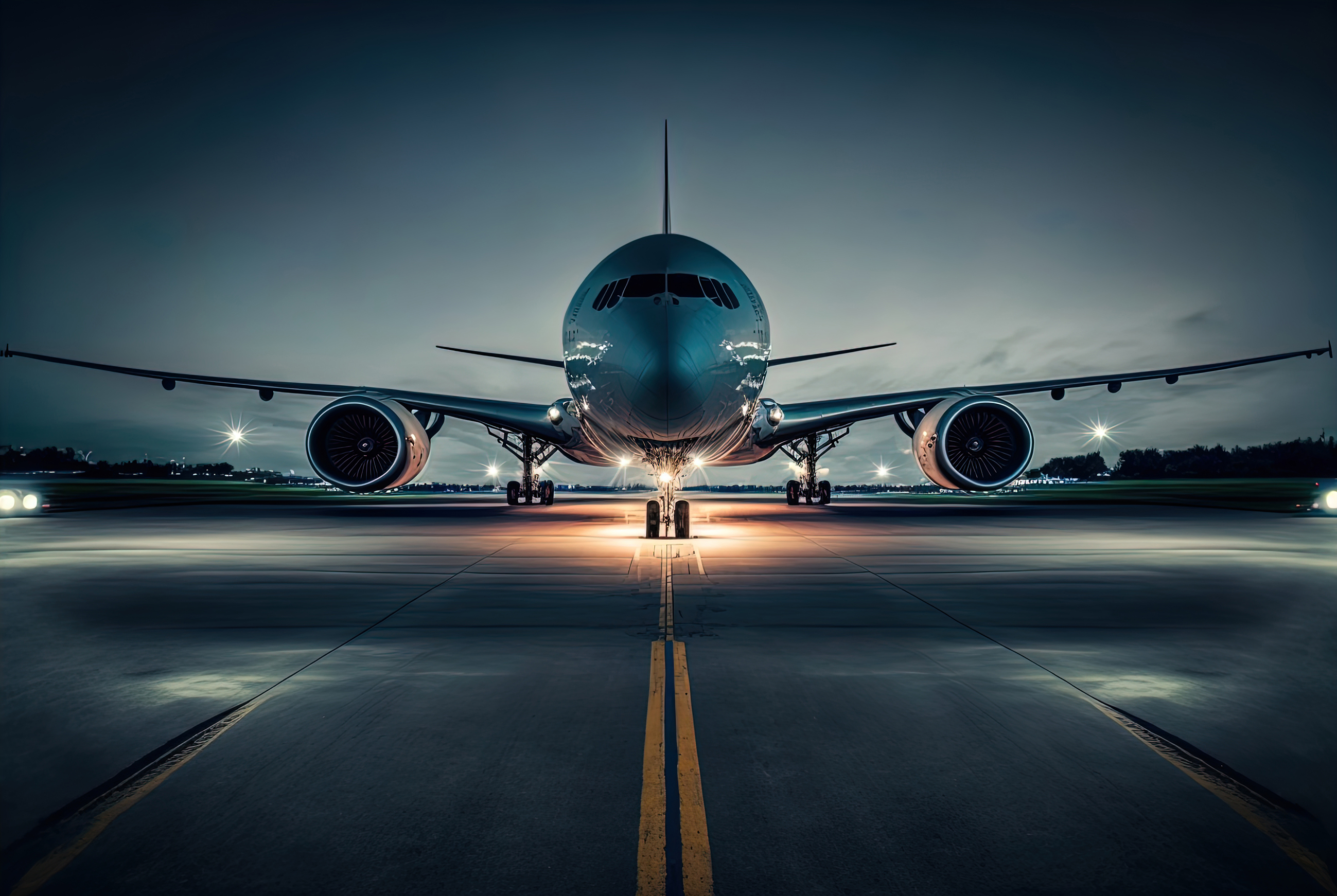 Brendan Sullivan Global Head of Cargo, IATA
Brendan Sullivan Global Head of Cargo, IATA

Air cargo is a different industry than the one that entered the pandemic. Revenues are greater than they were pre-pandemic. Yields are higher. The world learned how critical supply chains are. And the contribution of air cargo to the bottom line of airlines is more evident than ever. Yet, we are still linked to the business cycle and global events. So, the war in Ukraine, uncertainty over where critical economic factors like interest rates, exchange rates and jobs growth are concerns that are real to the industry today.
But they are also ones that we have long experience in dealing with. And they are offset with some certainties:
Complementing these growth drivers are the efficiencies the industry realised during the pandemic from accelerating digitalisation. As we navigate the current situation, air cargo’s priorities have not changed, we need to continue to focus on sustainability, digitalisation, safety, and people.
Sustainability
Sustainability is a critical priority and the aviation industry’s licence to do business. Last October, at the 41st ICAO Assembly, governments agreed to the Long-Term Aspirational Goal (LTAG) of net zero carbon emissions by 2050, in line with the industry’s commitment adopted in 2021.
Sustainable Aviation Fuel (SAF) is critical to achieving this goal, 65 per cent of carbon abatement will come from SAF, however, production levels remain challenging. SAF is being produced. And every single drop is being used. The problem is that the quantities are small. The solution is government policy incentives. Through incentivising production, we could see 30 billion litres of SAF available by 2030. That will still be far from where we need to be. But it would be a clear tipping point towards our net zero ambition of ample SAF quantities at affordable prices.
There are three other areas where IATA is working to support the energy transition of the industry:
I’m also pleased that the air cargo industry is reducing waste generated across the cargo supply chain, including plastic waste. American Airlines, Lufthansa, WFS, and others are moving towards the use of less-harmful plastics, while other stakeholders are aiming to reduce all plastic in their operations, such as LATAM and ANA Cargo.
People
Unfortunately, thousands of cargo handler jobs were eliminated during the pandemic and there are still staffing challenges. In a recent industry survey 34 per cent of cargo professionals told us that they foresaw staffing gaps till the end of 2023 and 57 per cent felt that they did not have enough qualified staff to provide smooth operations. Additionally, more than a quarter (27 per cent) of respondents told us that there is a significant risk that existing staff will not stay with the organisation for long.
Post pandemic we need to improve our competitiveness as an employer by:
We also need to continue with programmes that will attract people to air cargo and keep them here by making them feel proud to be employed in this industry. Specifically:
By embracing these changes, we can transform the air cargo industry into a more attractive and competitive employment sector, ensuring our ability to excel in the global market for years to come.
Value of air cargo
Air cargo is a critically important industry. It helps build a better future for the people of the world. It’s an industry that saves lives, delivering aid and relief to those in need as seen recently when the industry mobilised to support those affected by earthquakes in Syria and Türkiye.
Working together to ensure that air cargo remains a reliable and efficient means of providing support to those in need, while simultaneously strengthening our global supply chains and contributing to the sustainable development of our economies is essential.
For more information, please visit: www.iata.org